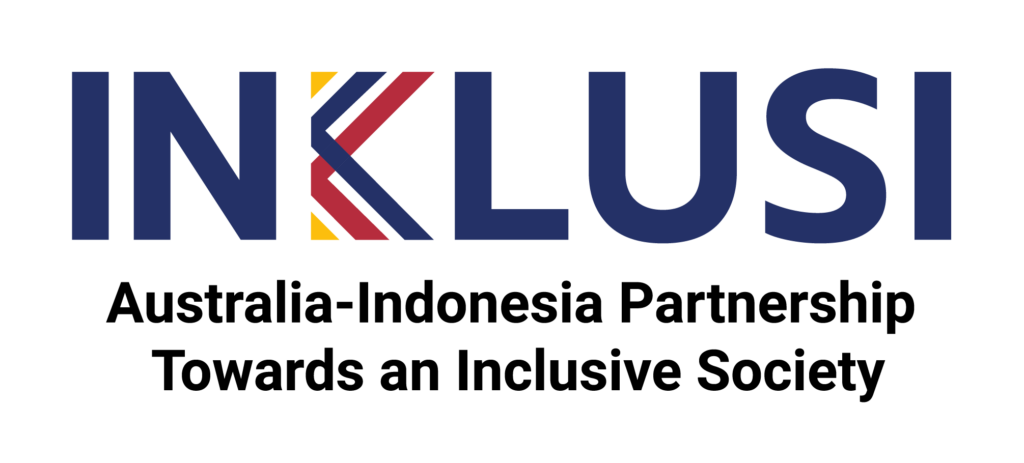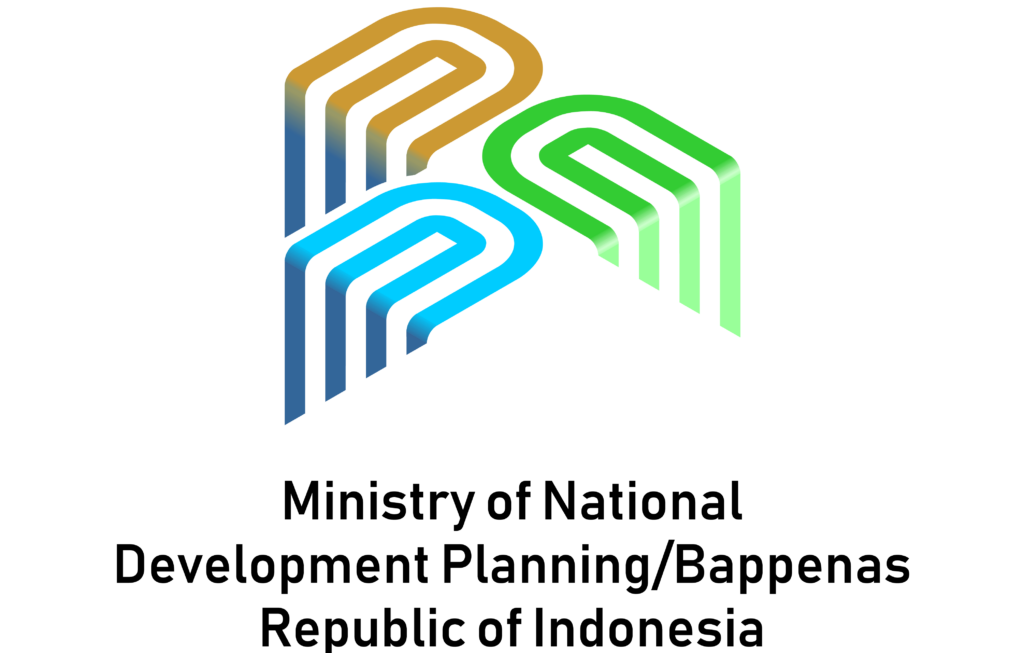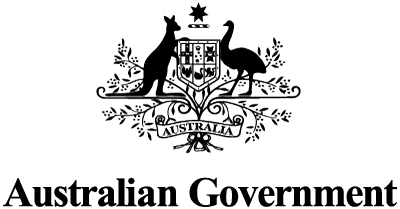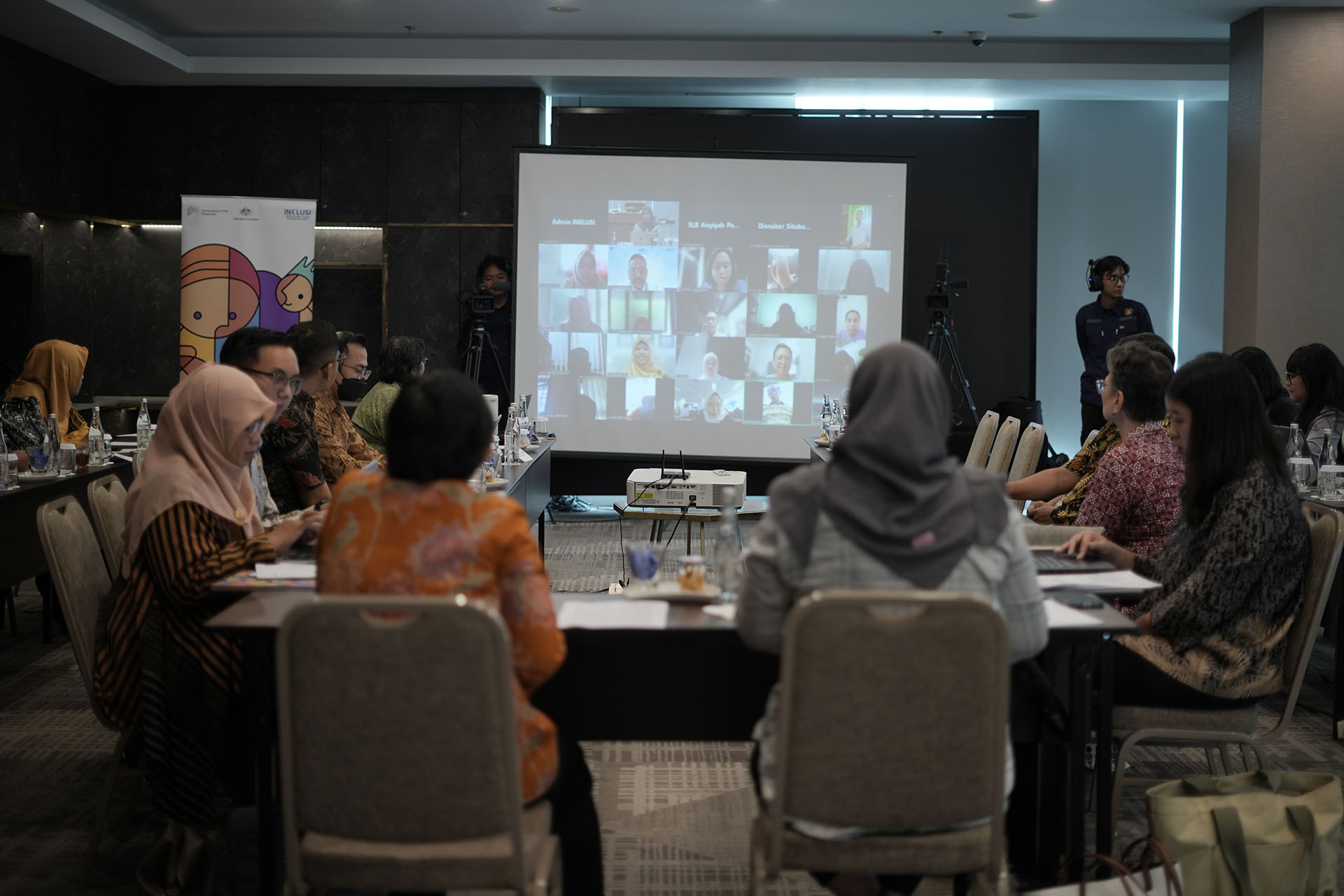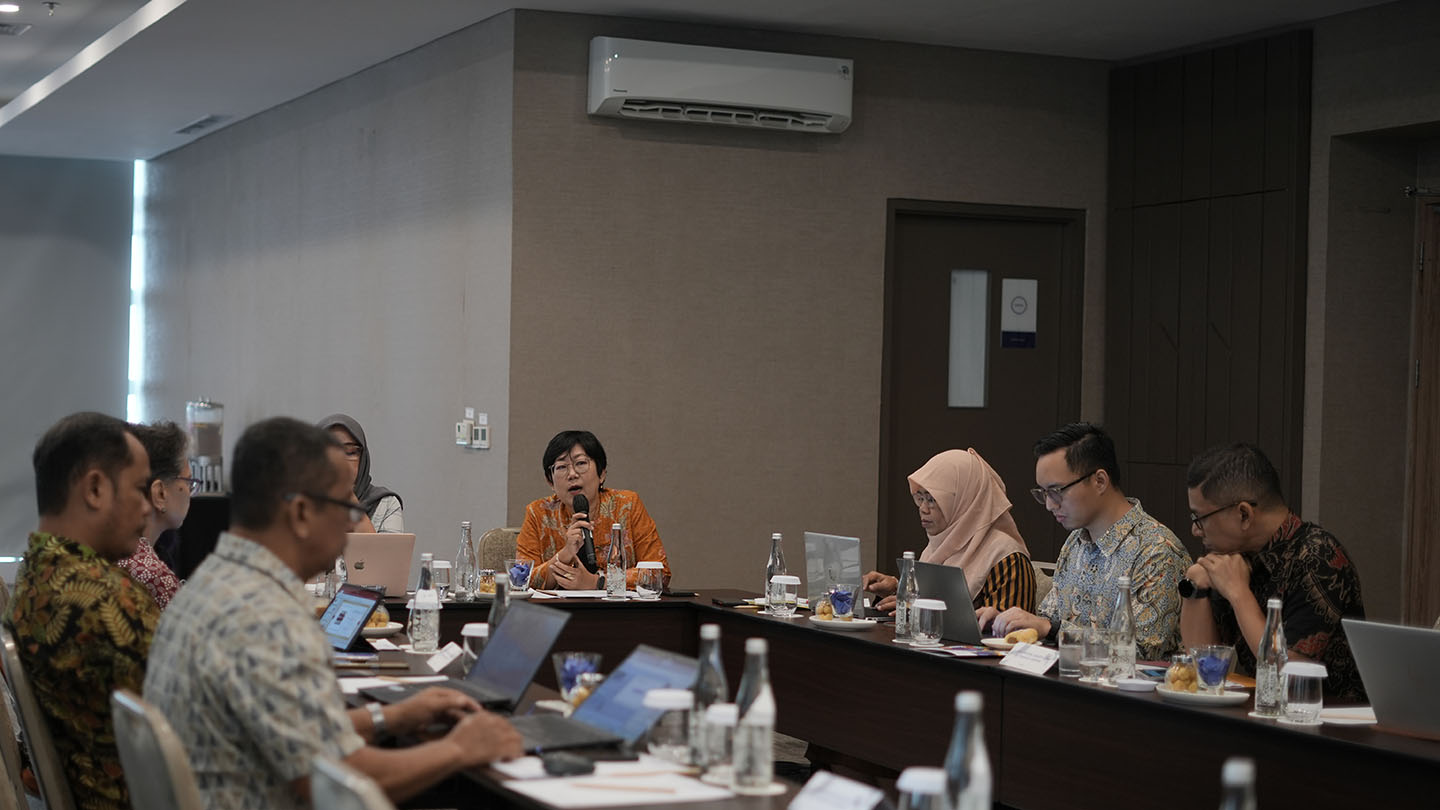On 21 January 2025, the INKLUSI Secretariat hosted a Focus Group Discussion (FGD) in Jakarta on “Mapping Opportunities and Challenges in Creating Inclusive Employment for Persons with Disabilities.” This forum provided a platform for key stakeholders to exchange experiences, identify challenges, and develop collaborative strategies to promote an inclusive work environment for persons with disabilities.
The discussion brought together representatives from the Ministry of Manpower and related agencies, the private sector, INKLUSI’s Civil Society Organisation (CSO) partners, Organisations of Persons with Disabilities (OPDs), and educational institutions such as Special Needs Schools (SLB). The objective was to strengthen cross-sector partnerships to enhance access to employment opportunities for persons with disabilities, in line with INKLUSI’s broader goal of improving economic resilience and livelihoods for marginalised communities.
The Role of the Private Sector in Inclusive Employment
During the discussion, Myra M. Hanartani, Chair of the Regulatory and Institutional Relations Committee at the Indonesian Employers Association (APINDO), highlighted the importance of building an inclusive work ecosystem. She emphasised that the success of workplace inclusivity depends on companies’ readiness to provide accessible environments and accommodate the needs of persons with disabilities.
“An inclusive work ecosystem must cover all aspects, from public facilities that support mobility for persons with disabilities to workplaces that are accessible and welcoming for all,” she stated. Hanartani also stressed the need to raise awareness among private sector actors about workplace inclusivity and to optimise the role of Disability Service Units (ULDs) and Vocational Training Centres (BLKs) in bridging the gap between businesses and job seekers with disabilities.
Cross-Sector Synergy for Sustainable Solutions
Arnov Tri Hartanto, Coordinator for Vocational Training and Productivity Development at the Ministry of Manpower, underscored that cross-sector collaboration and improved data collection on persons with disabilities are key to ensuring that vocational training programs effectively meet their needs.
“Vocational training can accelerate workforce development. Collaboration with the private sector is essential to expanding employment opportunities that align with the skills and competencies of persons with disabilities,” he explained.
As part of the INKLUSI Program, partners have implemented various strategic initiatives to expand access to inclusive economic development and employment for marginalised groups. These efforts include establishing working groups dedicated to disability-inclusive employment, partnering with the private sector to provide job readiness training, and strengthening the role of Disability Service Units (ULDs) in target regions.
The FGD resulted in several key recommendations to support inclusive employment:
- Enhancing the role of ULDs as intermediaries between persons with disabilities and businesses.
- Developing accessible vocational training curricula tailored to the needs of persons with disabilities.
- Increasing awareness among private sector actors on the importance of workplace inclusivity.
- Strengthening data collection on job seekers with disabilities to facilitate more inclusive recruitment processes.
Stronger cross-sector collaboration is expected to foster inclusive and sustainable employment policies. By creating more accessible workplaces, persons with disabilities can fully participate in the workforce, bringing significant benefits to both businesses and society.
